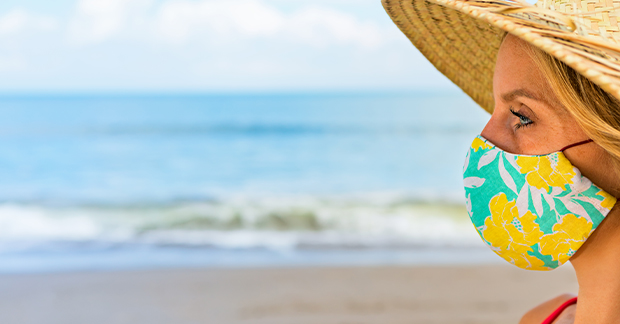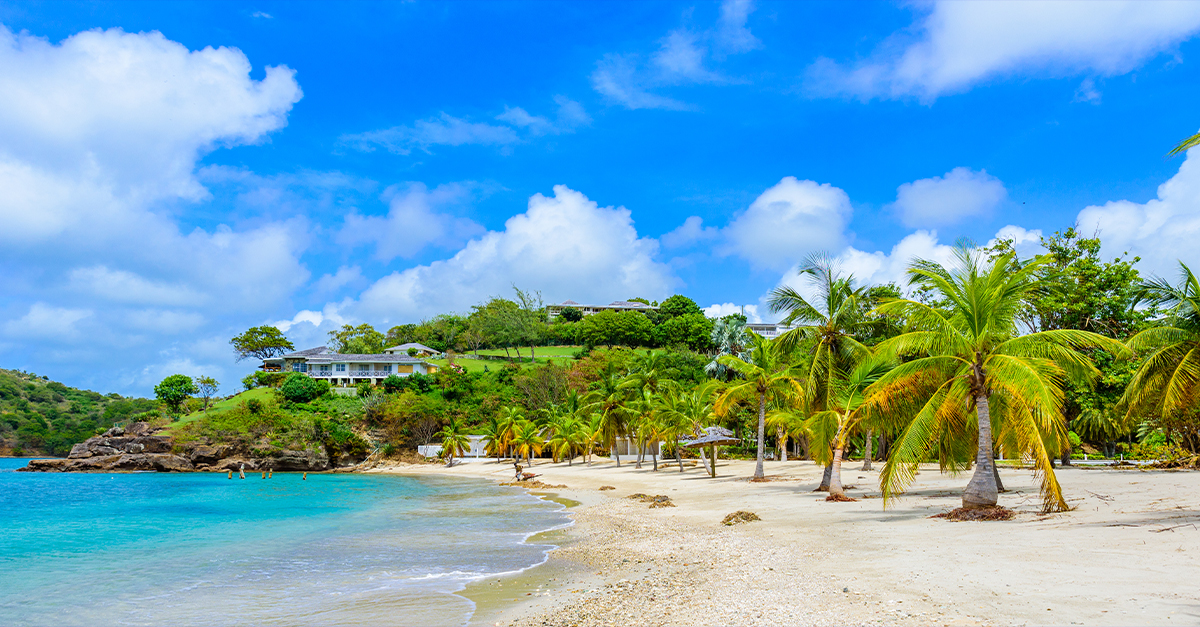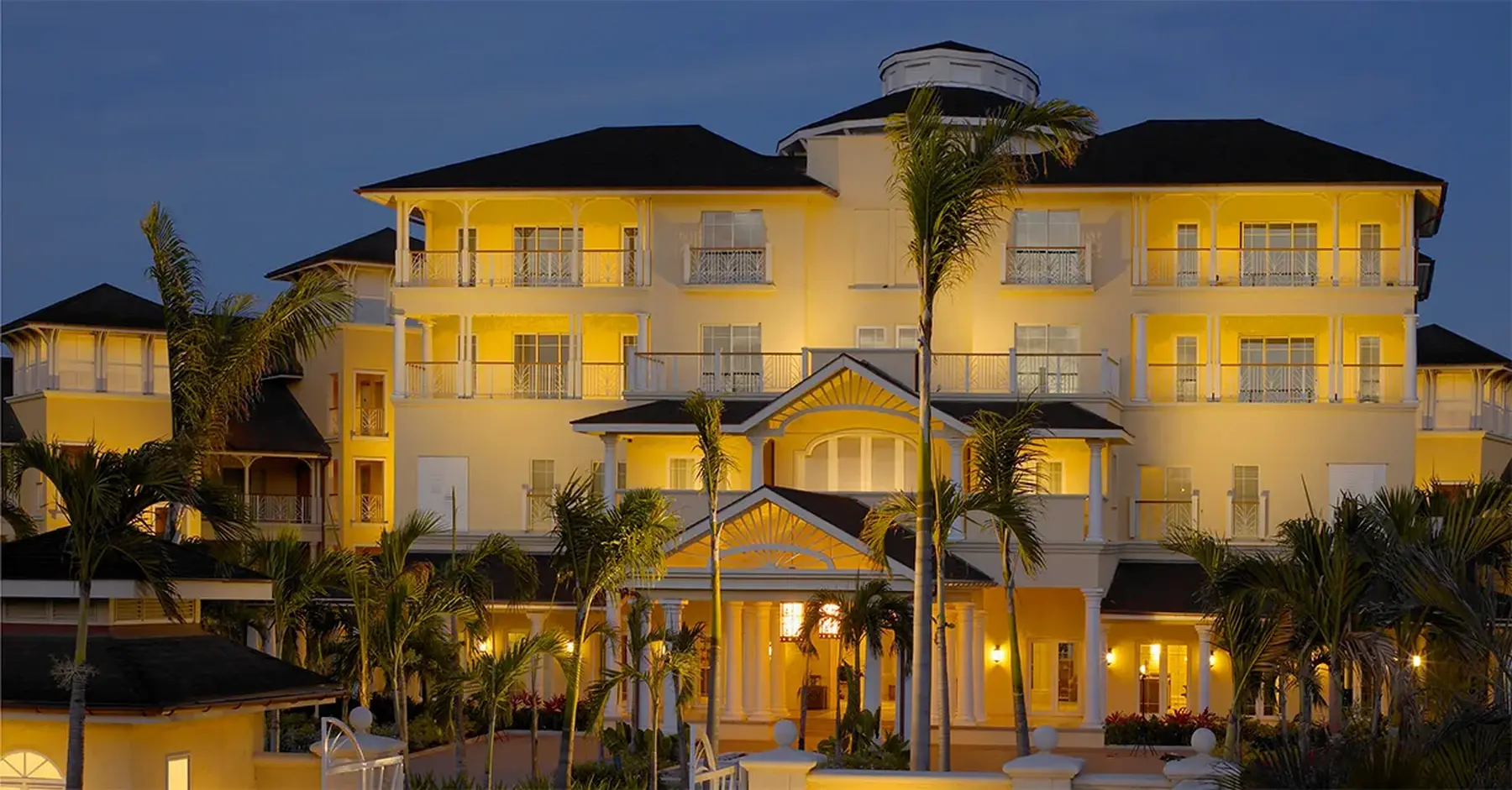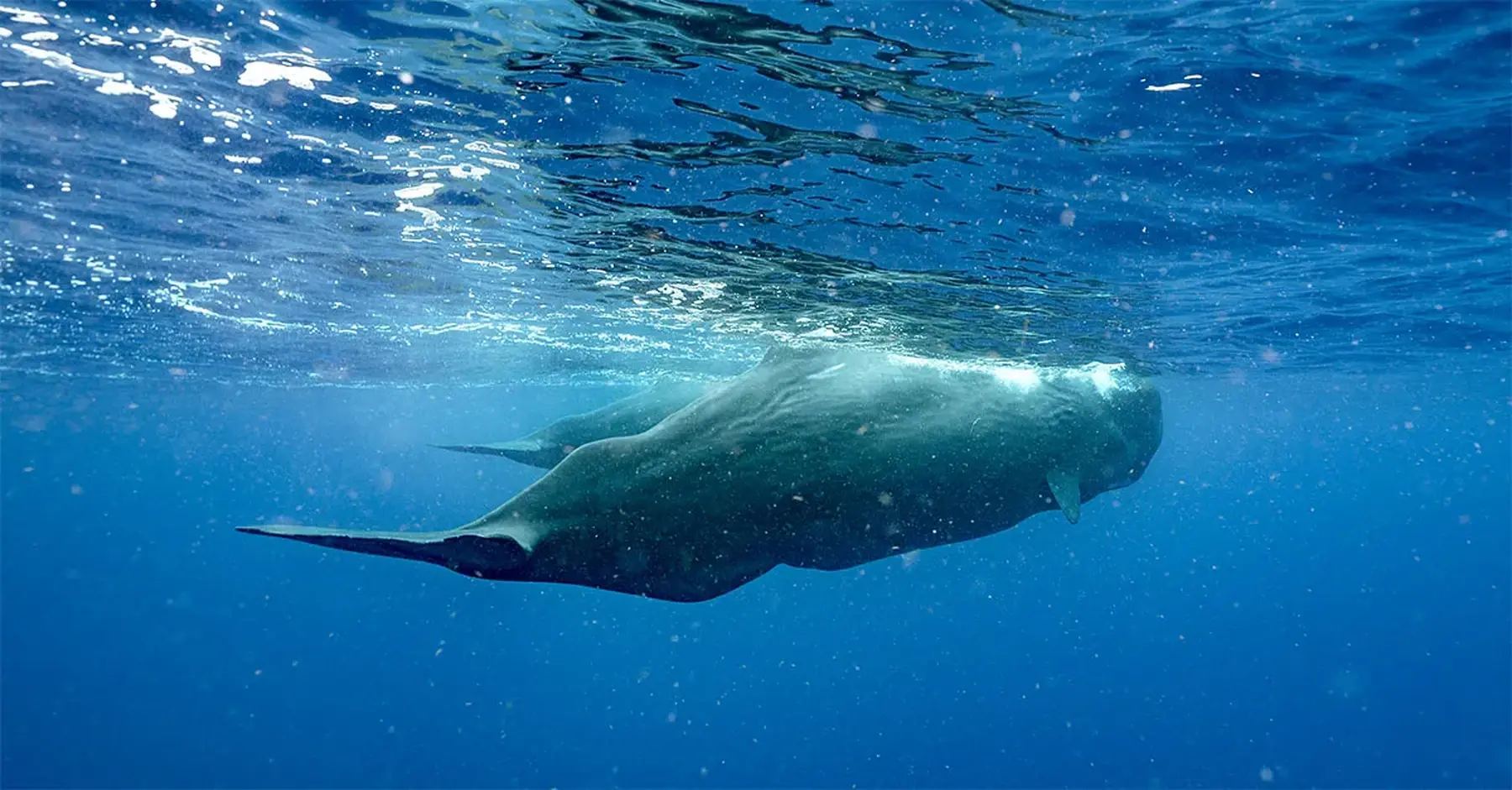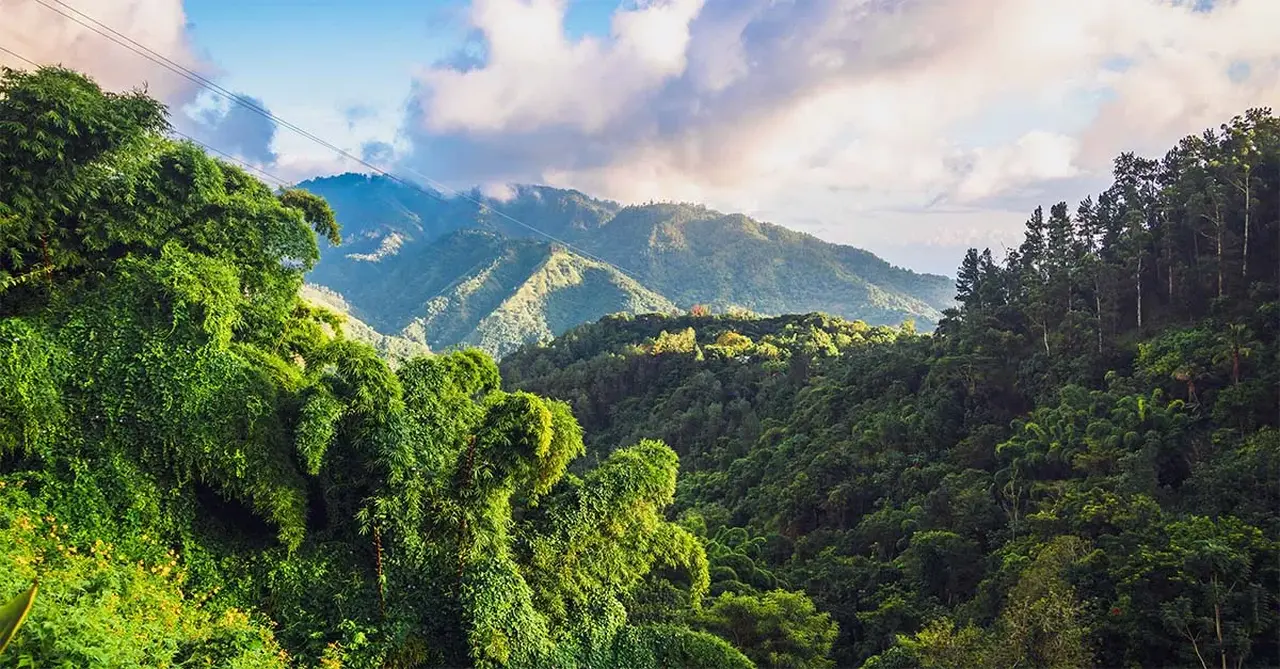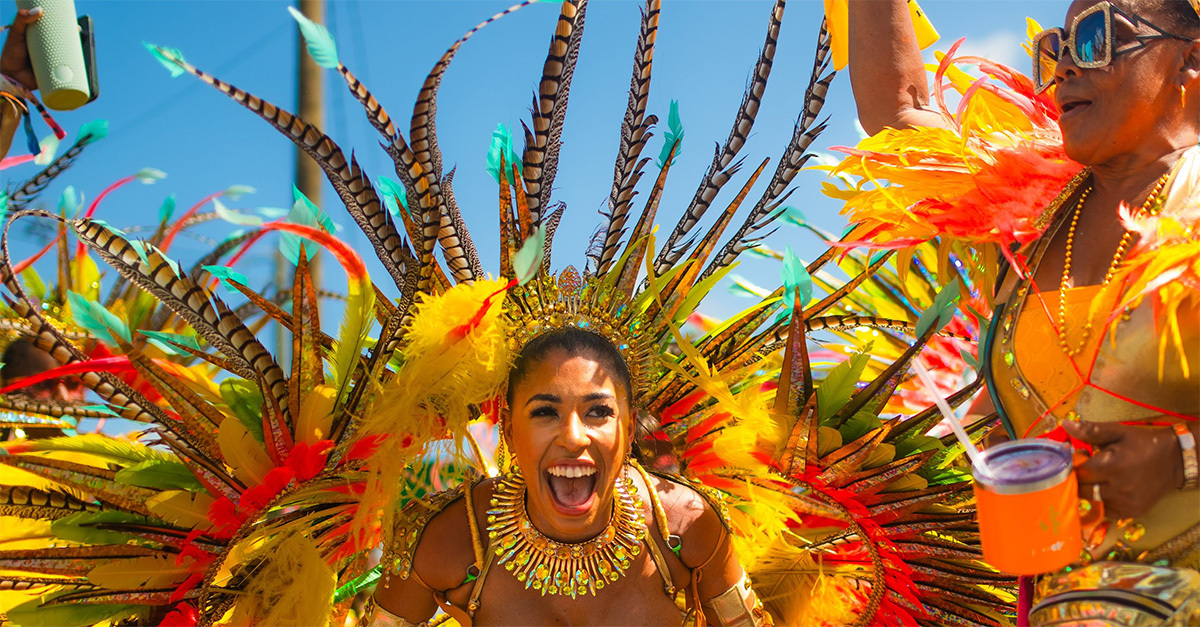You are viewing 1 of your 2 free articles
Q&A: Caribbean public health expert
Dr Lisa Indar from the Caribbean Public Health Agency joined a Caribbean Tourism Organisation round-table with representatives from the UK trade, and shares the latest on efforts to control coronavirus and restart travel in the region
Click here to download and save as a PDF

Q. How has the Caribbean fared since the pandemic began?
A. Globally, there have been more than 176 million cases, but in the Caribbean, our numbers are low. For Carpha’s 26 member states (English-speaking countries), it’s 202,688, and overall, across the Caribbean, it’s 869,351. These low numbers are a reflection of early border closures, because there were countries that closed before Covid hit. But while we have managed to reduce our rates of infection, in the last couple of months, our rates have been increasing. If you look at the percentage increase in the last two months, it’s 3.2%, and deaths have gone up 5.9%. This is a reflection of the variants that have now reached the Caribbean, causing increased rates and increased transmission.
Q. What is the latest you can tell us about vaccination rates in the Caribbean?
A. We know the vaccination is key to saving lives, reducing deaths and reducing transmission. While there are vaccination rates in the US and UK upwards of 50% of the adult population, the problem in the Caribbean is availability and equity [of the vaccine]. We really need to have a proper vaccination programme because we want to tell travellers to come to us and know there is a reduced risk of infection. There are some countries such as the Cayman Islands and Bermuda that are high in terms of their first dose [with over 70% and over 60% respectively]. They are mainly the UK-dependent territories because they were fortunate to get the vaccines early from the UK. However, most of our countries are under 30% [vaccinated] and some are as low as 5% having had their first dose. We need to improve our vaccination rate as part of a safe return to tourism.
Q. How have you been working with tourist boards, hotels and other tourism providers to restart travel?
A. One of the ways we have been implementing a safe return is through our regional tourism and health programme. This is unique because it’s the private sector, public tourism sector and a public health agency coming together to address health and safety and environmental threats to tourism by providing a real-time system of monitoring and response. It’s confidential and allows you to pick up things so you can respond very quickly. We’ve enhanced surveillance and testing and we are giving facilities a stamp to show a hotel or tour operator has gone through rigorous training, been measured and verified, and has been using that system for more than a month. We have trained more than 6,000 people in 45 countries, and it has been endorsed by the World Travel & Tourism Council.
“People need to feel assured that when the traffic light system does change, they can choose a healthier, safer option by coming to the Caribbean”
Q. Where can the travel industry find out more?
A. We have a lot of prevention and control measures and brochures on our website at carpha.org, and we also have an app [available on app stores by searching ‘Carpha’] which is a one-stop shop to see the list of the hotels and other tourism facilities that have the stamp, the different measures for each country, and the testing and vaccination requirements.
Q. How can agents reassure their customers about travelling to the Caribbean, once restrictions are lifted?
A. The Caribbean has done well in terms of our numbers, so we want travellers to know that through the use of masks, social distancing and quarantine in hotels, we are being proactive. People need to feel assured that when the traffic light system does change, they can choose a healthier, safer option by coming to the Caribbean. They can find hotels, tour operators and taxi drivers with the stamp and make a smarter choice. We want to encourage confidence. We need to protect not just the local population but also the traveller. If we encourage people to keep to public health measures and testing and if we all do this well, I think it’s safe. We are still in the pandemic, so this is travel with a difference. But I believe you can travel safely if you take these measures, keep yourself safe and vaccinate people. The Caribbean has fared well in the measures they have put in place.
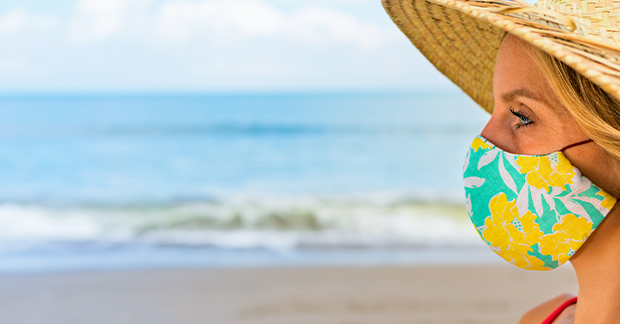
Consumer confidence

Laverne Walker, director of Sackville Travel, a travel agency and tour operator specialising in the Caribbean diaspora market
“The good thing about the Caribbean – and they have been leaders in this – is they have always done checks on incoming passengers, way before we were doing it here in the UK. People are concerned, but it’s about getting information out there and reassuring clients that hotels are being cleaned on a regular basis, that there are hand sanitisers, reduced capacities and fewer buffets. The Caribbean airports are brilliant as well – it might take longer to get through, but people are reassured that the tests are thorough.”

Mike Collins, managing director and founding owner of long-haul specialist Tropical Sky
“Our frontline staff are no different to any travel agency, tour operator or travel company in the UK, dealing with customers who are frustrated. Consumer confidence has fallen through the floor since the decision to move Portugal to the amber list. We are getting bookings [for the Caribbean], but people are largely bypassing 2021 and booking for 2022. But if we get the green light to travel to the Caribbean, there will be lots of demand.”
PICTURES: Shutterstock/Denis Moskvinov, Simon Dannhauer; Luke Forsythe
Read more
Ask the experts: Selling Caribbean ‘workations’ for digital nomads
We fell in love at Sandals Saint Lucia – 25 years later, we went back to tie the knot again
Holidays in the Caribbean families can look forward to


